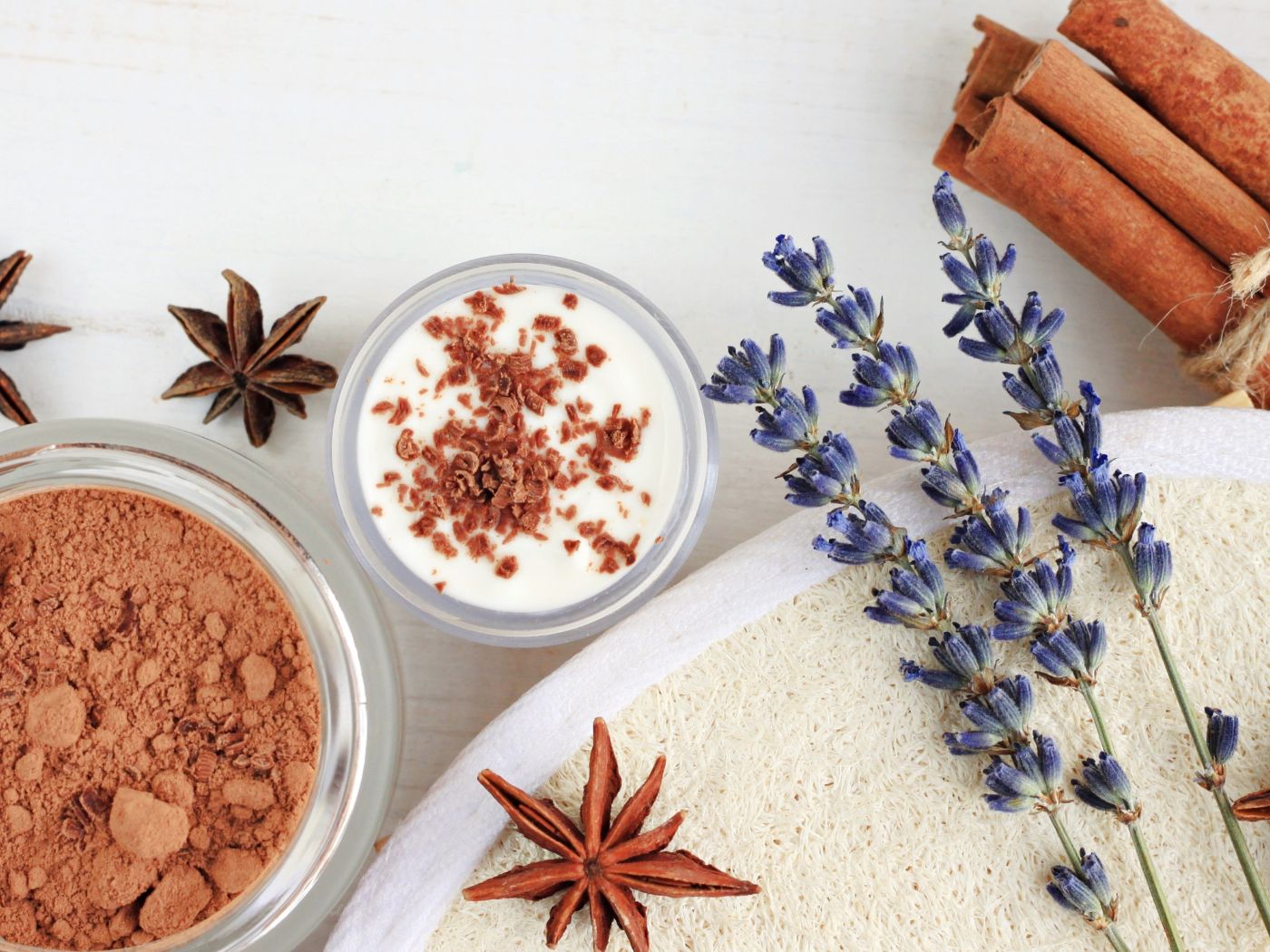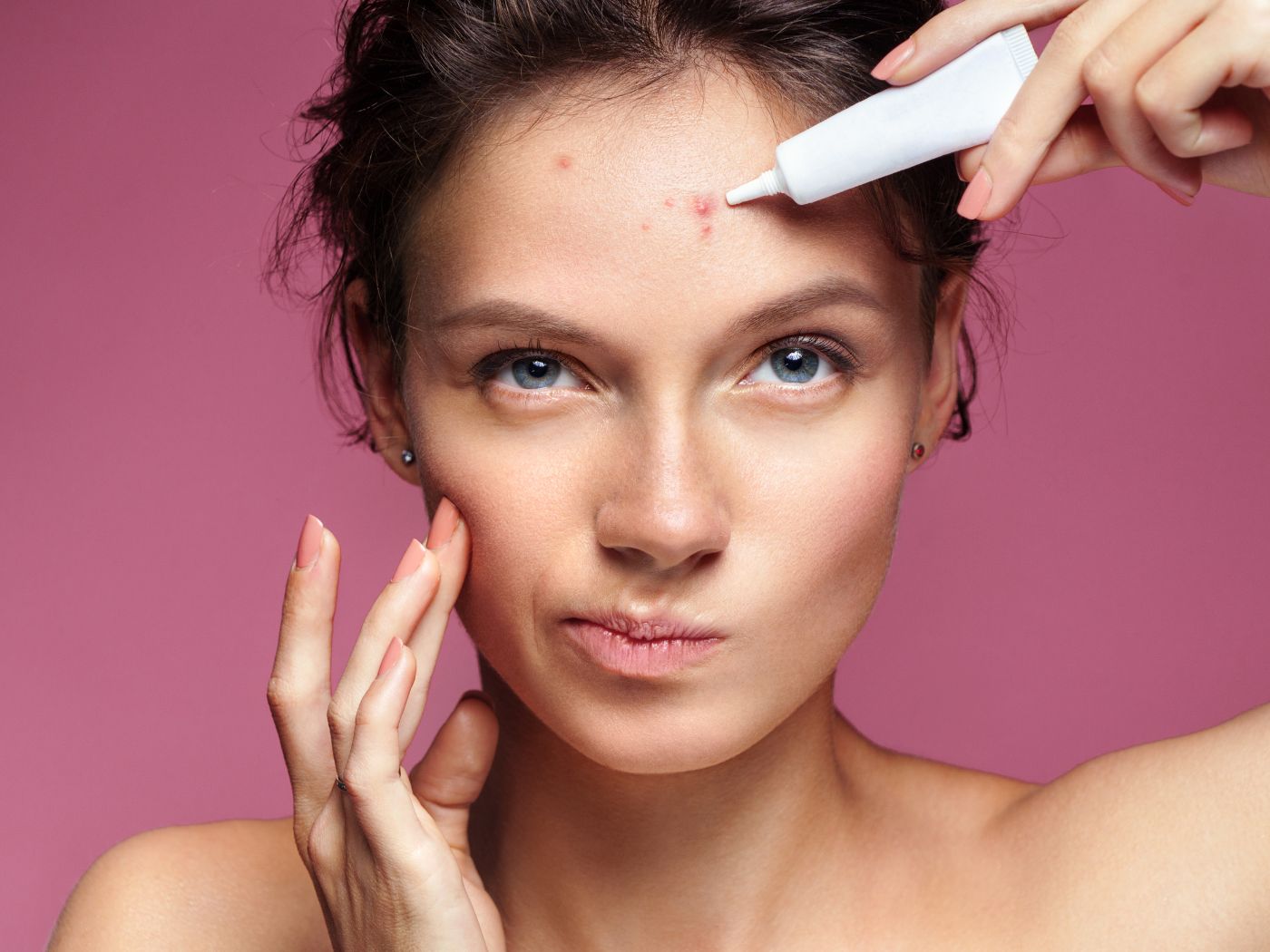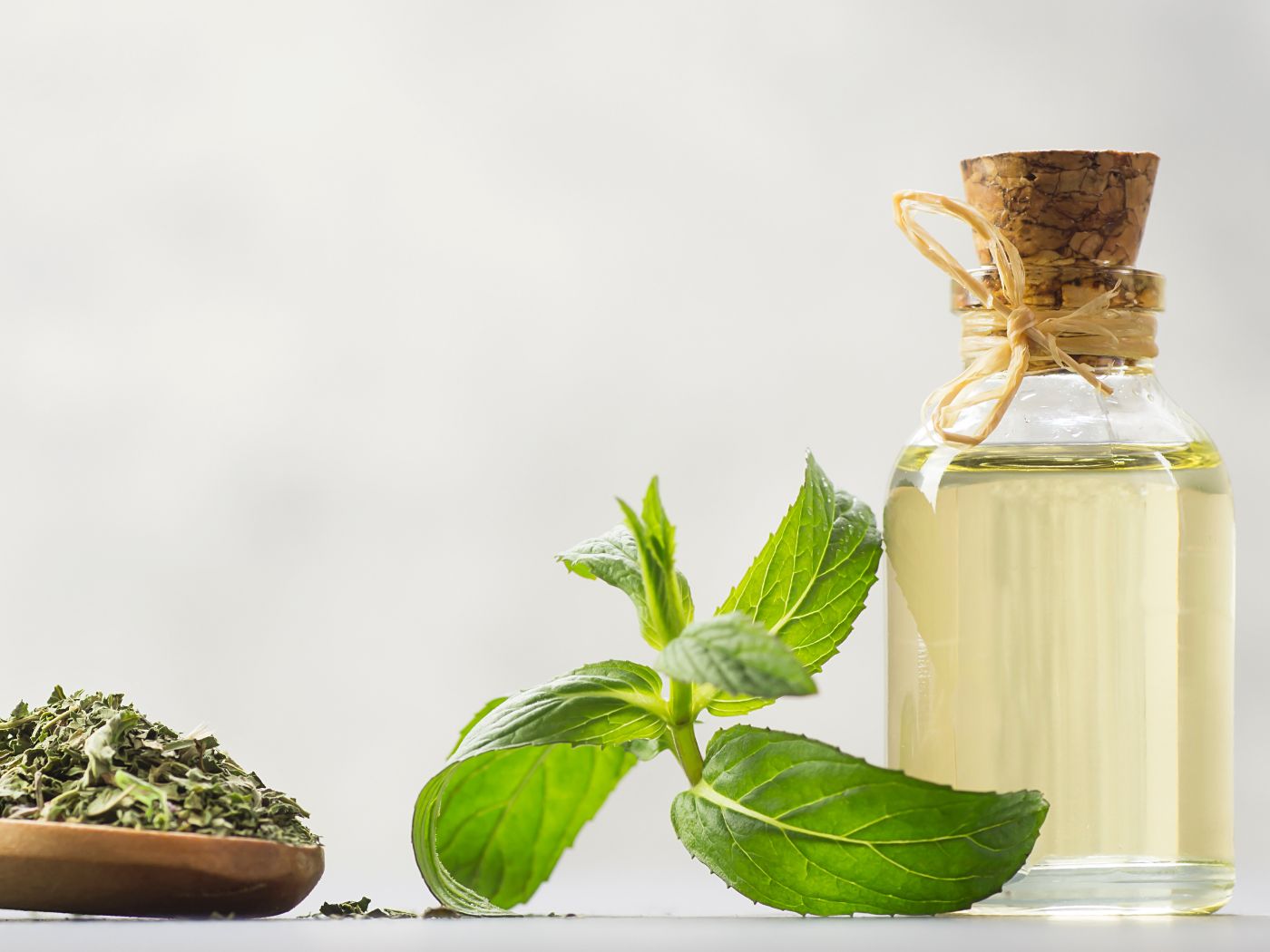Nature has the answer to most skincare problems and is the best way to ensure healthy and glowing skin. One of these ingredients for skincare found naturally is cinnamon which has immense benefits for the skin. Cinnamon has antioxidants, anti-inflammatory and antibacterial properties that help in keeping our skin problems free. Today, we will look at some of these cinnamon benefits for the face and how to use cinnamon for skin whitening.
Let’s get right into it, shall we?
-
5 Cinnamon Benefits For Skin
-
How To Use Cinnamon For Skin?
-
Conclusion
-
FAQs On Benefits Of Cinnamon For Skin
5 Cinnamon Benefits For Skin

Cinnamon is a popular spice that is used in many different cuisines around the world. It is commonly used in sweet dishes such as cinnamon rolls, apple pie, and oatmeal, but it can also be used in savoury dishes such as curries and stews. In addition to its culinary uses, cinnamon has been used for its medicinal properties for centuries and is believed to have anti-inflammatory and antioxidant effects.
Let’s take a look at some of the cinnamon benefits for the skin.
Anti-ageing properties
Cinnamon contains antioxidants such as polyphenols and flavonoids that help to protect the skin from oxidative stress caused by free radicals. Free radicals are unstable molecules that can cause damage to cells, including skin cells, leading to premature ageing. By neutralising these free radicals, cinnamon can help to reduce fine lines, wrinkles, and other signs of ageing.
Acne treatment
Cinnamon has antimicrobial properties that can help to fight against the bacteria that cause acne. Acne is often caused by the overgrowth of a type of bacteria called Propionibacterium acnes (P. acnes). Cinnamon contains compounds such as cinnamaldehyde that are effective against P. acnes. Additionally, cinnamon has anti-inflammatory properties that can help to reduce the redness and swelling associated with acne.
Exfoliation
Cinnamon can be used as a natural exfoliant due to its texture and slightly abrasive properties. When used in combination with other ingredients such as honey or sugar, cinnamon can help to remove dead skin cells and promote cell turnover. This can leave your skin looking brighter, smoother, and more youthful.
Improved blood circulation
Cinnamon has been shown to improve blood circulation, which can help to bring oxygen and nutrients to the skin cells. This can help to promote healthy skin and a more youthful appearance.
Hydration
Cinnamon has naturally hydrating properties that can help to keep the skin moisturised and prevent dryness. When used in combination with other hydrating ingredients such as honey or aloe vera, cinnamon can help to soothe and hydrate dry, irritated skin.
It's important to note that cinnamon can be irritating to some people's skin, particularly if used in high concentrations or if you have sensitive skin. It's best to do a patch test before using cinnamon on your face and to dilute it with other ingredients when using it in skincare products. Additionally, while cinnamon has potential benefits for the skin, it's important to use it as part of a larger skincare routine that includes other beneficial ingredients and practices such as sun protection and a healthy diet.
How To Use Cinnamon For Skin?

Now that we know the cinnamon benefits for the face and skin, let’s take a look at how you can use cinnamon easily in your skincare.
- Cinnamon and honey mask: This mask is a great option for those with dry or acne-prone skin. Cinnamon can help to fight acne-causing bacteria and exfoliate dead skin cells, while honey can help to hydrate and soothe the skin. To use, mix 1-2 teaspoons of cinnamon powder with 2-3 teaspoons of honey to form a paste. Apply the mixture to your face and let it sit for 10-20 minutes before rinsing off with warm water.
- Cinnamon and sugar scrub: This scrub is a great option for those looking to exfoliate and improve blood circulation. Cinnamon can help to improve blood flow to the skin, while sugar acts as a natural exfoliant. To use, mix 1-2 teaspoons of cinnamon powder with 1-2 tablespoons of sugar and enough coconut oil to form a paste. Use the mixture to gently scrub your face in circular motions, focusing on areas that are dry or prone to acne. Rinse off with warm water and pat dry.
- Cinnamon and aloe vera gel: This mask is a great option for those with dry, irritated skin. Cinnamon can help to soothe and hydrate the skin, while aloe vera gel can help to soothe inflammation and redness. To use, mix 1-2 teaspoons of cinnamon powder with 1-2 tablespoons of aloe vera gel to form a paste. Apply the mixture to your face and let it sit for 10-20 minutes before rinsing off with warm water.
You can also try Hydrating Sleeping Mask from Pure Sense which is enriched with the natural goodness of aloe vera gel, cucumber and other natural ingredients to give your skin complete nourishment and hydration throughout the night.
- Cinnamon and yoghurt mask: This mask is a great option for those with dry or acne-prone skin. Cinnamon can help to fight acne-causing bacteria and exfoliate dead skin cells, while yoghurt can help to hydrate and soothe the skin. To use, mix 1-2 teaspoons of cinnamon powder with 2-3 tablespoons of plain yoghurt to form a paste. Apply the mixture to your face and let it sit for 10-20 minutes before rinsing off with warm water.
- Cinnamon and green tea toner: This toner is a great option for those looking to improve blood circulation and fight acne. Cinnamon can help to improve blood flow to the skin, while green tea contains antioxidants that can help to fight acne-causing bacteria. To use, brew a cup of green tea and let it cool. Mix 1-2 teaspoons of cinnamon powder with the cooled green tea and use a cotton ball to apply the mixture to your face after cleansing.

Remember to always do a patch test before using cinnamon on your face, and to avoid using it in high concentrations or if you have sensitive skin. Additionally, it's important to use cinnamon as part of a larger skincare routine that includes other beneficial ingredients and practices such as sun protection and a healthy diet.
Conclusion
We hope now you know about the cinnamon benefits for the face and how to use cinnamon for skin whitening. It’s best to use natural DIY face masks with your preferred ingredients and get creative as it will help you treat specific skin problems.
FAQs On Benefits Of Cinnamon For Skin
-
Is cinnamon good for the skin?
Cinnamon has potential benefits for the skin, including anti-ageing, acne-fighting, exfoliating, improving blood circulation, and hydrating properties. However, it's important to note that cinnamon can be irritating to some people's skin, particularly if used in high concentrations or if you have sensitive skin. It's best to do a patch test before using cinnamon on your face and to dilute it with other ingredients when using it in skincare products. Additionally, while cinnamon has potential benefits for the skin, it's important to use it as part of a larger skincare routine that includes other beneficial ingredients and practices such as sun protection and a healthy diet.
-
Is cinnamon good for oily skin?
Yes, cinnamon can be beneficial for oily skin. Cinnamon has natural antibacterial and antifungal properties that can help to fight acne-causing bacteria and reduce inflammation, which is often a concern for those with oily skin. Additionally, cinnamon can help to control excess oil production by improving blood circulation and providing a natural astringent effect. However, it's important to use cinnamon in moderation and combination with other beneficial ingredients for oily skin, such as tea tree oil, witch hazel, or salicylic acid.
-
Can I use cinnamon for skin whitening?
Cinnamon is not typically used as a skin-whitening agent. While cinnamon has several beneficial properties for the skin, such as anti-inflammatory, antimicrobial, and exfoliating effects, it does not have any proven skin-whitening properties. If you're interested in skin whitening, there are several other ingredients that are commonly used in skincare products for this purpose, such as niacinamide, vitamin C, arbutin, kojic acid, and liquorice root extract.







